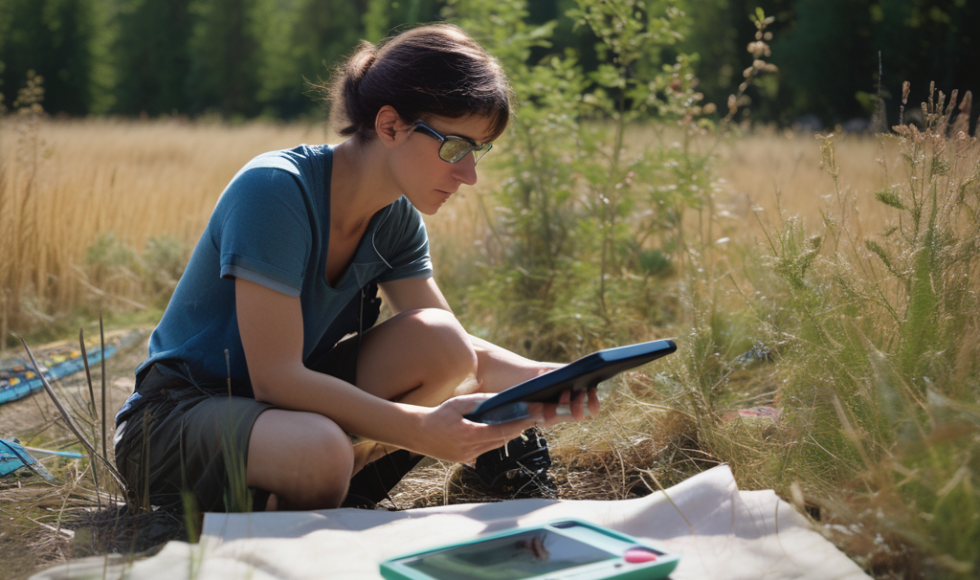Tonight, I watched the London Calling 2024 studio interview about innovations in conservation and RNA in liquid biopsy. Zoe McDougall interviewed three researchers about conservation genomics and the accessibility of the technologies. Mrinalini Wasta from the San Diego Zoe Wildlife Alliance spoke about the challenges of taking samples from outside communities and involving partners. The portability and cost of Oxford Nanopore Technologies make it possible to sequence and analyze on-site. Carol Greider from the University of California Santa Cruz explained how telomere sequencing and length analyses were conducted on a MinION device. Greider is excited about how new approaches will help understand the equilibrium of telomere length and apply this knowledge to diagnostics. Daniel Kim from the University of California Santa Cruz noted that liquid biopsies to detect RNA signals will be a powerful and sensitive cancer diagnostic. Kim explained that there are cell-free RNAs that appear to be intact and may help in understanding diseases. Greider explained that they are interested in learning about new analyses that could be applied to telomere research. Wasta talked about applying protocols in the field and performing telomere-to-telomere assemblies and analyses.



